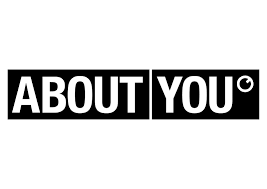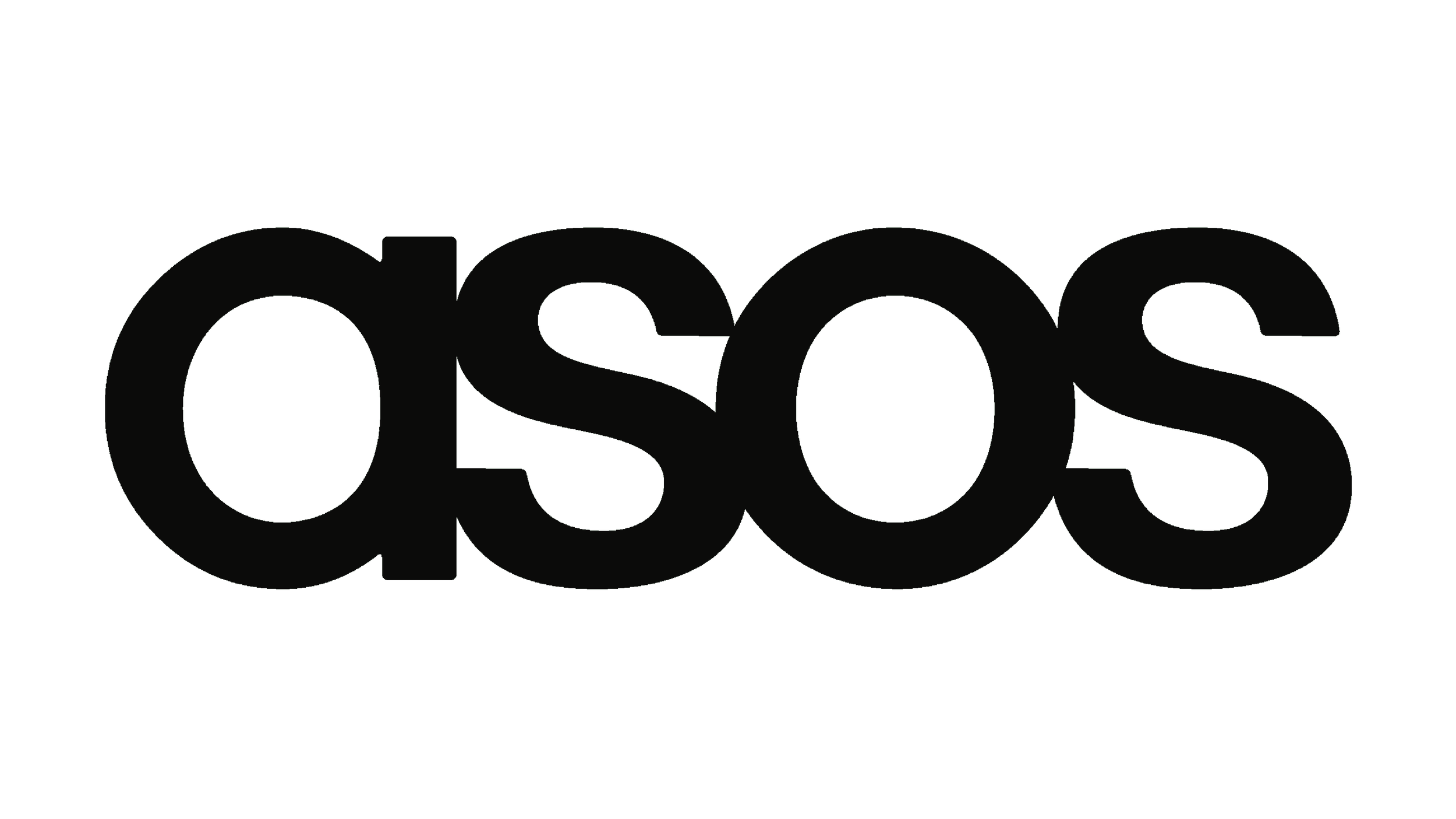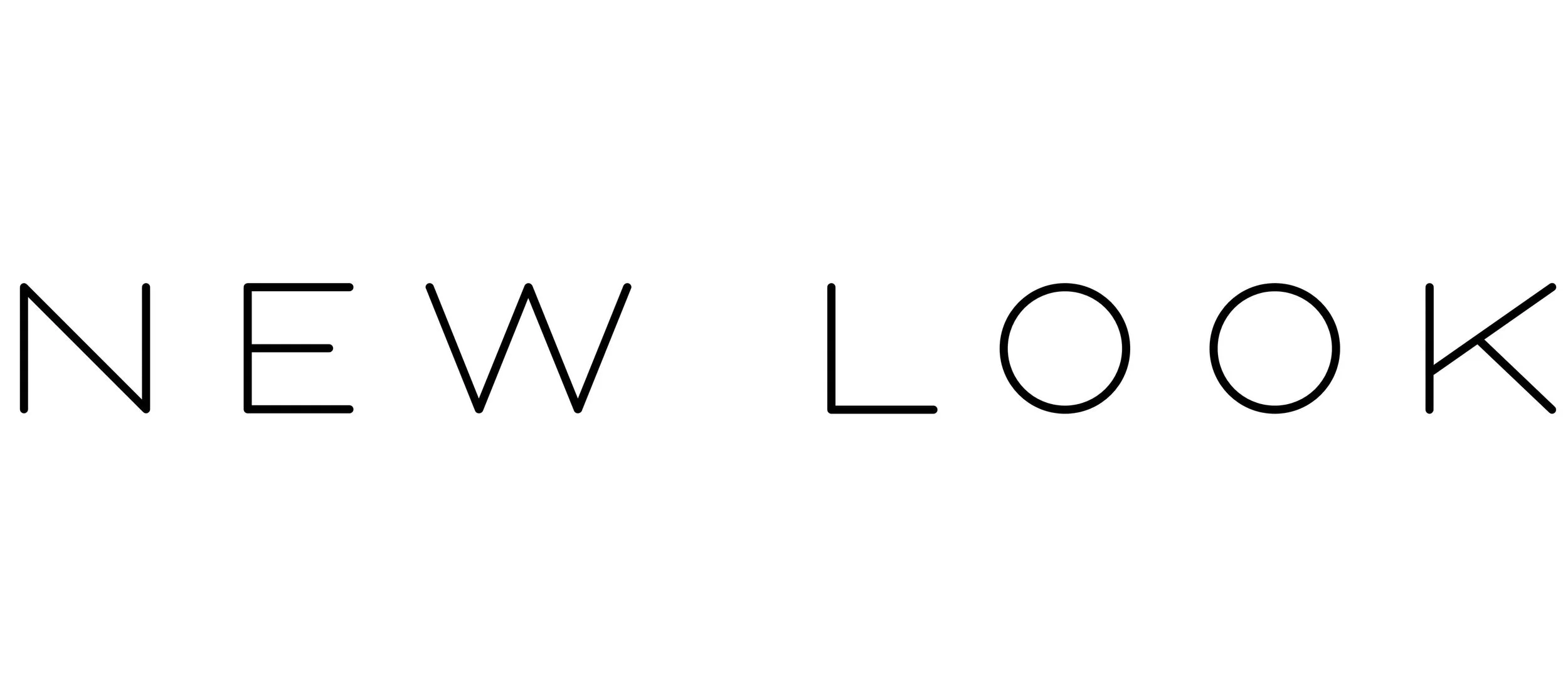
Retailer Brand Due Diligence Questionnaire:
A unified approach to Human Rights and Environmental Due Diligence
A unified approach to Human Rights and Environmental Due Diligence
The Retailer Brand Due Diligence Questionnaire (RBDDQ) is a harmonised and open source questionnaire designed to help brands assess their Human Rights and Environmental Due Diligence (HREDD) maturity and identify gaps in policies and practices. The RBDDQ reduces duplication and reporting burden on brands by providing one aligned methodology and questionnaire. In addition, it assists retailers in supporting their brand partners in improving their due diligence practices.
Developed collaboratively by leading European retailers under The Industry We Want (TIWW), the questionnaire and its digital home, One Retail Hub, reduce duplication, streamline compliance, and accelerate collective progress across the consumer goods industry.
Built through collaboration
The RBDDQ was developed through a pre‑competitive collaboration among leading retailers, supported by the subject‑matter expertise of Cascale and Fair Wear under The Industry We Want.
Participating retailers include: ABOUT YOU, ASOS, Boozt, Ellos Group, New Look, The Very Group and Zalando, alongside other contributing partners.
Participating Third-Party Retailers
-
The RBDDQ is designed to:
Create a shared baseline for HREDD by providing a harmonized, OECD-aligned tool for assessing brands’ HREDD systems.
Reduce duplication and administrative burden by consolidating multiple retailer requirements into a single, standardized self-assessment questionnaire.
Enable action-oriented due diligence by identifying gaps, highlighting priority risks, and providing clear guidance on next steps.
Drive industry-wide alignment by establishing shared expectations.
Democratize access to HREDD tools by offering the questionnaire and digital platform as a free and accessible resource for the industry.
Accelerate collective impact by fostering collaboration, transparency, and continuous improvement across the apparel and footwear sector.
Support the adoption of ethical and sustainable practices as industry standards.
-
As sustainability, supply chains, and due diligence requirements intensify, brands are facing an increasingly fragmented landscape of questionnaires, platforms, and reporting demands. While well‑intentioned, this fragmentation has created a significant administrative burden, particularly for small and medium‑sized enterprises.
The RBDDQ addresses this challenge by providing:
One standardised methodology grounded in international best practice
Reduced survey fatigue and duplication across business partners
Clear, actionable insights that support decision making
Driving aligned and inclusive HREDD
Third‑party retailers occupy a unique position in the industry, with the reach and influence to accelerate adoption of aligned HREDD practices. By championing responsible sourcing, transparency, and consistent data collection, retailers can set powerful precedents for the wider sector.
Achieving meaningful impact requires inclusive, multi‑stakeholder collaboration. Through collaboration and open dialogue, this initiative brings together diverse perspectives to minimise duplication, address gaps, and ensure the questionnaire reflects real‑world operational realities.
Together, we are working to ensure that effective HREDD becomes the industry standard - rather than the exception.
-
For Brands
One questionnaire, multiple partners: Reduce survey fatigue by responding once through a harmonised RBDDQ recognised by participating retailers.
Lower administrative burden: Minimize time and resources spent on fragmented, duplicative data requests.
Accessible and free: Participate without financial barriers through a public-good digital platform.
For the Industry
Alignment on expectations: Establish shared, internationally recognised criteria for HREDD across retailers and brands.
Greater Transparency: Improved visibility into supply chain risks.
Stronger collaboration and trust: Foster pre-competitive cooperation between retailers, brands, and MSIs.
Accelerated collective impact: Support faster, more coordinated progress toward responsible business conduct across the apparel and footwear sector.
Retailer Brand Due Diligence Questionnaire - An aligned HREDD Self Assessment Questionnaire
The Retailer Brand Due Diligence Questionnaire is a simplified questionnaire that enables consistent, best-practice data collection on HREDD and ethical sourcing. It supports brands to:
Assess the maturity of their HREDD systems
Establish a credible baseline of performance
Identify gaps in internal policies, processes, and practices
Prioritise actions and resources where risks are most significant
Reduce duplication and streamline reporting processes.
The questionnaire is informed by the OECD Due Diligence Guidance for Responsible Business Conduct, as well as relevant sector-specific guidance for the garment and footwear industry.
Access the Questionnaire:
or
Visit One Retail Hub - the digital home of the RBDDQ.
About the Retailer Roundtable
The Retailer Roundtable (RRT) brings together third‑party retailers to collaborate on responsible business practices in the apparel and footwear industry.
Led by TIWW, the RRT creates a pre‑competitive space for retailers to:
Share knowledge and best practices
Align on roles and responsibilities in HREDD
Co‑create practical, harmonised tools and mechanisms
Reduce fragmentation and level the playing field across the sector
The group’s overarching aim is to help level the playing field across the apparel and footwear industry by driving consistent expectations and reducing fragmentation in implementation efforts.
Building an aligned and inclusive approach
Achieving a truly effective and industry-wide approach requires more than a single perspective. To develop a tool that is both practical and impactful, it is essential to incorporate diverse viewpoints and expertise from across the sector. Stakeholder consultations play a crucial role in ensuring that the outcome of this work is comprehensive, inclusive, and reflective of the realities faced by all actors. By engaging with a broad range of stakeholders, we can minimise duplication, address potential gaps, and create a unified approach that supports retailers in effectively implementing HREDD.
Through open dialogue and collaboration, we can build trust, strengthen alignment, and ultimately amplify our collective impact — ensuring that responsible business practices become the standard rather than the exception.
Get in touch.
If you have any questions or would like to get in touch, please don't hesitate to submit the form or reach out to TIWW’s project manager at info@theindustrywewant.com







